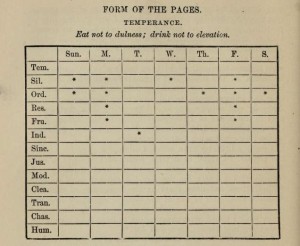Alright, everyone, here’s a quick prompt that’s pretty self-explanatory: include a favorite song lyric in the first line of a poem. I’m fighting with taking lines out of their original context, and I thought that an exercise like this might help. The longer the lyric you manage to incorporate, the more brownie points you get, in my book. Here’s my stab at a lyric-infused poem, pulled from Mother Mother’s “Bit By Bit”:
i’m gonna build my house in the wildest thickets
thighs ripped wide around a clump of nettle-beads
i’ll remember my trowel too late, my seeds sown
along the fence in a rivulet mountain rain began.
bees balmy wandering in the fuzzy sunlight and i
scream for feeling their grisly pinpricks splinter.
I hope this prompt is generative, and I hope that everyone has a fun time with it! Post your poems below, if you come up with something you want to share!

